Privilege
Privilege refers to certain advantages, benefits, and the respect an individual receives because of the social identity groups they belong to. Privilege is something you are born with or given. It is not always earned. The privilege you may or may not have, and the position you hold in society can also change over time.
How Does Privilege Operate in Society?
Some people have an easier time accessing services in society (for example child care, healthcare, education, and employment) while others face more barriers. Understanding that these disparities are real is a positive first step towards changing things. (Adapted from Anti-Racism: A Guide for Teachers).
I accept exploring my privilege is a lifelong long journey — thus developing comfort in the discomfort creates an openness for my learning.
Staff Member, B.C. Education System
The education system has often operated in ways that offer unfair and unequitable advantages to people who typically have greater privilege in society. These disparities continue to exist in many educational contexts today and must be addressed. Whatever your role or title is within the education system, it is important that everyone works to confront and change unfair systemic ways of doing things (e.g., practices, policies, social norms, and values).
Privilege is Power
People should not feel shameful about having privilege and power, but it is important to consider how one’s privilege and power can be used to stop racism and change systems to be more equitable.
Take a moment to learn how privilege can be used as power by watching this video.
